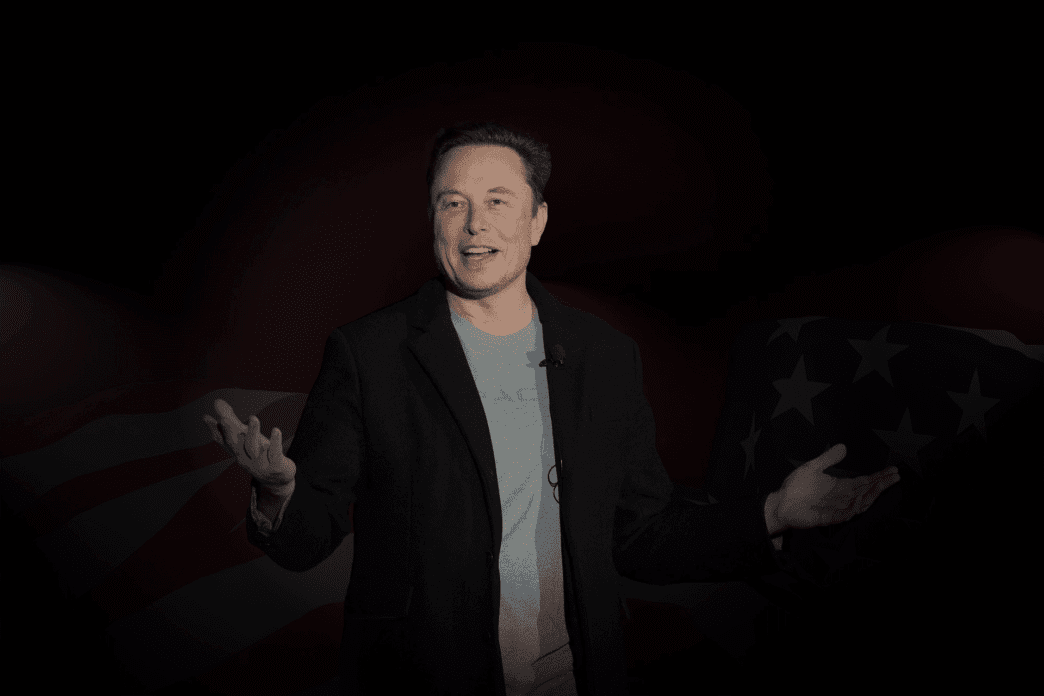The National Labor Relations Board (NLRB), the independent agency that enforces labor laws, is currently nonfunctional after President Donald Trump dismissed one of its members, leaving it without the quorum necessary to operate. This development raises significant concerns among labor advocates, particularly as the agency plays a critical role in protecting workers’ rights and overseeing union-related activities.
The NLRB has been essential in supervising elections for union formation and investigating labor practice violations. With two vacant seats and the unprecedented dismissal of a board member by President Trump, the board lacks the simple majority required to make decisions. Consequently, the agency, which has historically supported unions, is unable to fulfill its duties. Former NLRB attorney Cathy Creighton remarked that this situation benefits employers who now face fewer regulatory checks.
Elon Musk, a notable figure in this development, has previously clashed with the NLRB. His companies, SpaceX and Tesla, have been involved in legal battles concerning unfair labor practices. SpaceX is challenging the constitutionality of the NLRB, arguing it shouldn’t act on labor complaints. This challenge stalled NLRB actions against SpaceX, as the case involved the dismissal of employees who criticized Musk’s social media presence. Moreover, Musk’s comments concerning unionization at Tesla have sparked NLRB complaints.
Critics accuse Musk of influencing the Trump administration’s stance against the NLRB, seeing it as part of Musk’s wider efforts to weaken the agency. While Musk has not publicly claimed responsibility, the legal actions taken by his companies suggest a strategic move to undermine the board. Labor rights advocate Adam Shah commented that Musk likely views dismantling the NLRB as a priority.
Amidst this turmoil, Amazon has also contested the NLRB’s authority, particularly following a controversial union vote at its Bessemer, Alabama facility. An administrative judge found that Amazon violated fair election laws, mandating a third vote. However, with no active board, Amazon is not compelled to proceed with another vote, illustrating the significant impact of the board’s current inactivity.
The lack of a functional board is causing uncertainty, even for businesses. Attorney Michael Lebowich noted that while some companies may welcome the temporary halt in NLRB rulings, the long-term unpredictability is detrimental to business operations. Compliance with union-friendly rules remains a grey area without an enforcing board, yet companies may still feel obligated to adhere to past NLRB decisions.
Gwynne Wilcox, a former NLRB member, is challenging her dismissal in court, arguing it was unlawful and executed without due process. Her removal has sparked debate even among conservative legal experts who question the executive power to dismiss NLRB members. This legal battle underscores the broader tensions between the current administration and the enduring framework of labor regulations.
The current nonfunctioning status of the NLRB poses a substantial challenge to the enforcement of labor laws in the United States. While it temporarily alleviates regulatory pressures for some employers, it also highlights the vulnerabilities in the labor protection framework. As this situation unfolds, the outcomes of ongoing legal disputes and the potential for administrative appointments will be critical in determining the future of the NLRB’s role in safeguarding workers’ rights.








